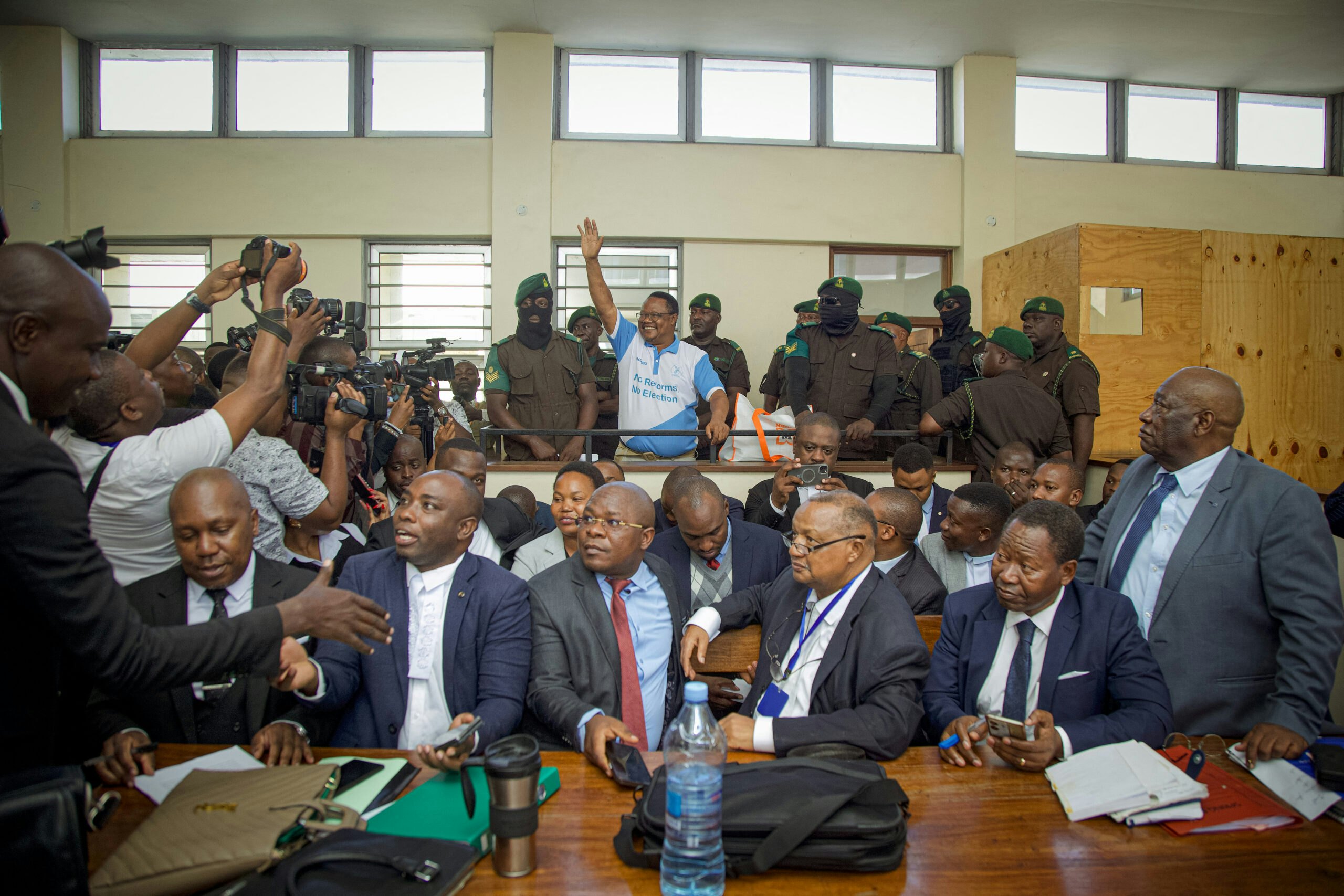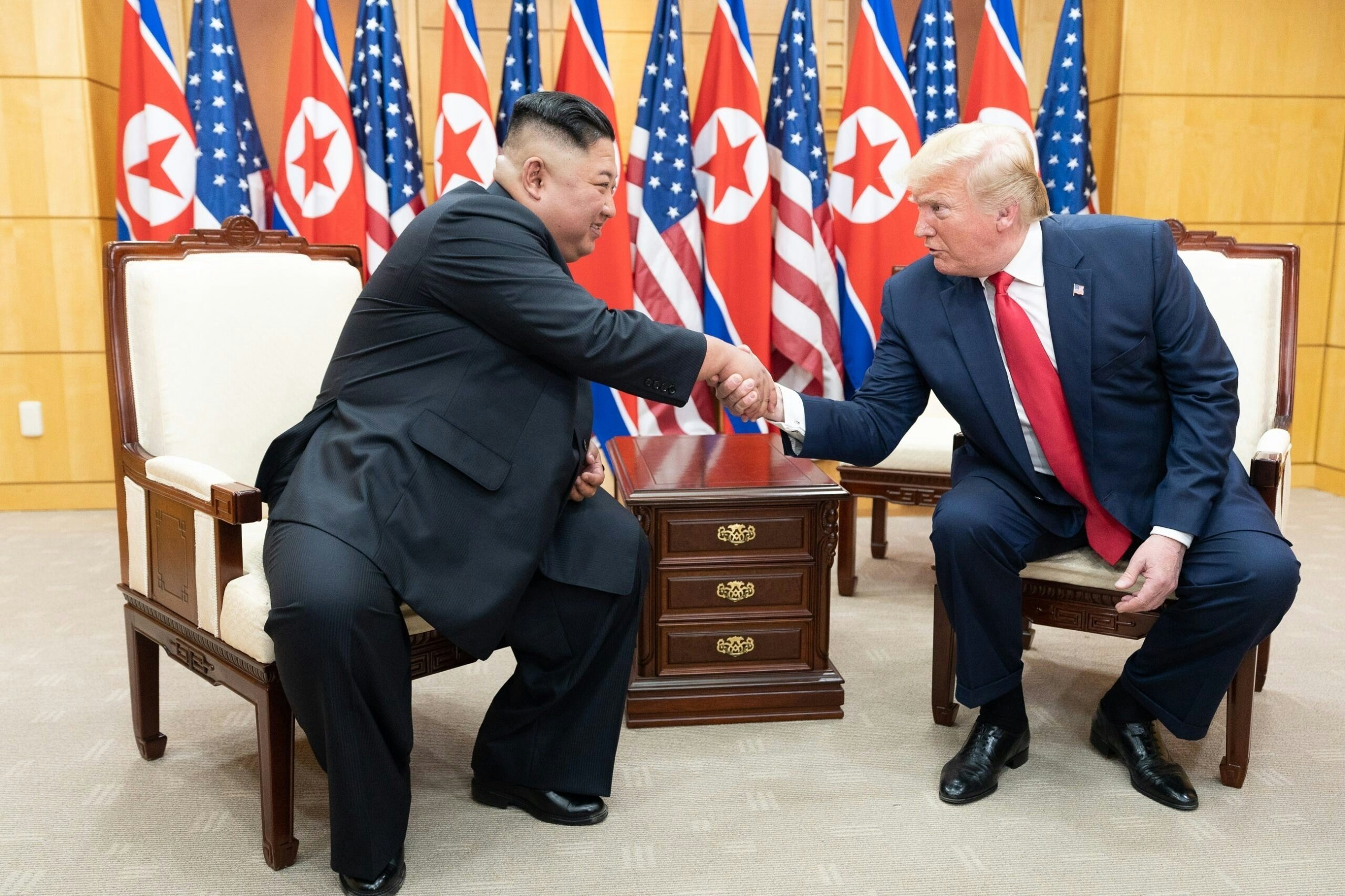Since the Taliban returned to power in 2021, they have been relentless in their persecution and exploitation of the Afghan people, especially women and children.
Although our leverage has changed, the United States and the international community can do far more to support the Afghan people and simultaneously hold the Talban accountable for their ever-expanding use of brutality, corruption, and graft.
Amid a number of existing but underutilized mechanisms, one of the most impactful is the enforcement and expansion of targeted sanctions.
While UN Resolution 1988 currently designates 135 individual senior Taliban leaders and 5 entities under a travel ban, asset freeze, and arms embargo, regular approval of exemptions for many of these individuals is incredibly concerning.
Since August 2022 (when a broader exemption was not renewed by the UN Security Council), sanctioned Taliban leaders have been granted exemptions to travel abroad more than five dozen times for both personal and official reasons.
Additionally, on several recent occasions, senior Taliban officials subject to 1988 Committee sanctions have traveled abroad without an exemption with little scrutiny. Examples include, but are not limited to, travel to Bahrain, United Arab Emirates, Kazakhstan, and Turkmenistan.
At the same time, most current Taliban officials are not currently subject to U.S. or UN sanctions. For example, the last time the UN added names to its list was in 2015. As result, the vast majority of Taliban leaders are not subject to targeted restrictions, freely traveling for high profile events, official meetings (including with designated terrorist groups), and personal benefit.
While it is impossible to quantify the full scope and frequency travel, high profile examples abound.
These include visits to Europe, Africa, the Middle East, and Asia for bilateral meetings, international and regional events, and personal reasons.
Though leverage has changed in the aftermath of the international withdrawal from Afghanistan in 2021, the United States and the global community can do much more to hold Taliban leaders accountable for their widespread corruption and barbaric persecution of the Afghan people, especially women and their children.
- The United States and the international community should coordinate usage of a wide range of tools – including targeted sanctions – to hold the Taliban accountable for their corruption, continued support for terrorist and extremist groups, and gross human rights abuses
- The United Nations and national governments should expand the definition of Apartheid to include gender-based discrimination and segregation to hold the Taliban accountable for their denial of the fundamental human rights to Afghan women
- The United Nations, international organizations, and national governments must remain firmly united against legitimizing the Taliban
- Governments, international organizations, and the philanthropic community should extend comprehensive support to Afghan civil society and elevate diverse Afghan voices within every forum related to Afghanistan’s future
For more insight on policy actions to combat the Taliban’s use of corruption and kleptocracy, the human cost of these nefarious actions, and the international enablers of this mafia-like behavior, check out the Bush Institute’s Captured State reports.
































